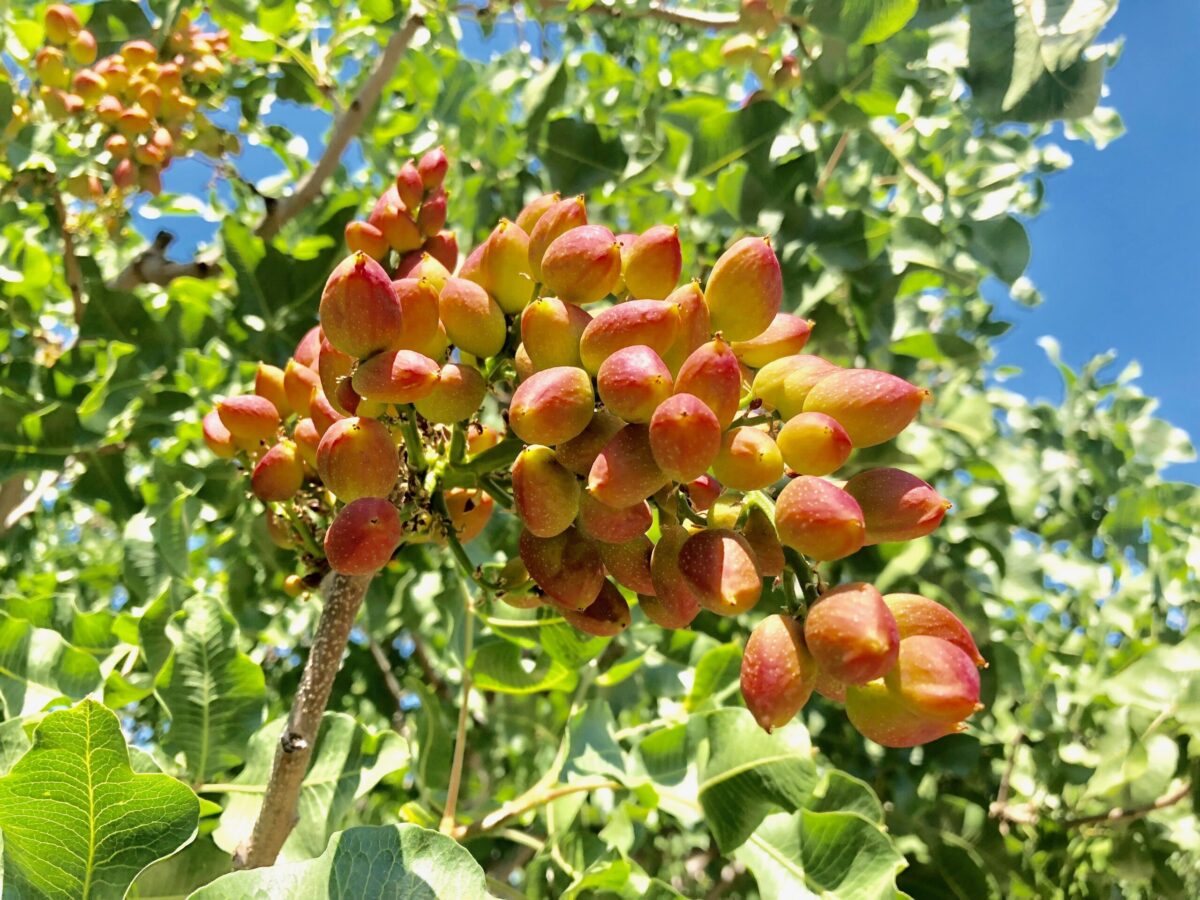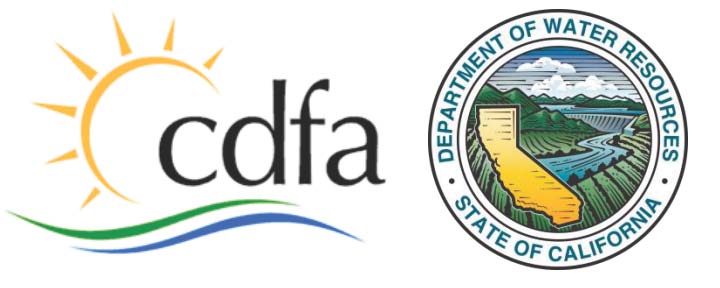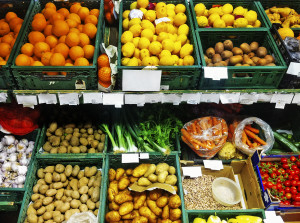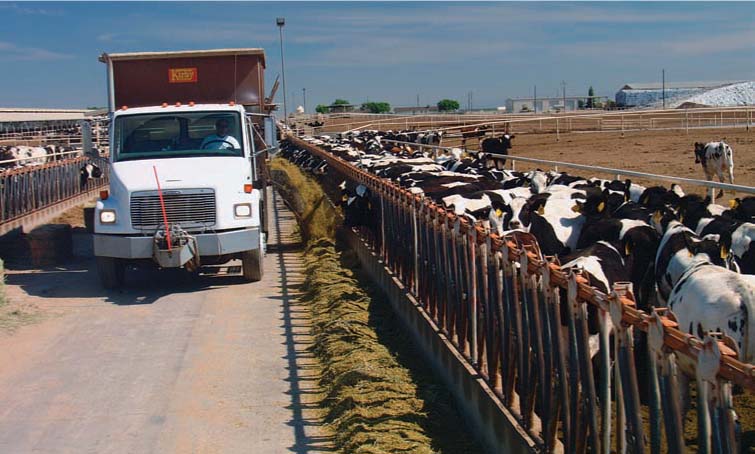Specialty Crops Funding Gets $54.5 Million
California Agriculture Leads the Nation in Funding for Specialty Crops
The U.S. Department of Agriculture has announced funding for the 2021 Specialty Crop Block Grant Program (SCBGP). California received $54.5 million, including $31.6 million in stimulus funding to address impacts of COVID-19 and promote economic recovery, out of approximately $169.9 million awarded nationwide.
The SCBGP provides grants to state departments of agriculture to fund projects that enhance the competitiveness of specialty crops, defined as fruits, vegetables, tree nuts, dried fruits, horticulture, and nursery crops (including floriculture).
The California Department of Food and Agriculture (CDFA) will fund approximately 100 projects, awarding grants ranging from $50,000 to $5 million to non-profit and for-profit organizations, government entities, and colleges and universities. Abstracts of the funded projects are available here: https://www.cdfa.ca.gov/Specialty_Crop_Competitiveness_Grants/pdfs/2021_SCBGP_Abstracts_FarmBill.pdf
These projects focus on increasing sales of specialty crops by leveraging the unique qualities of specialty crops grown in California; increasing consumption by expanding the specialty crop consumer market, improving availability, and providing nutritional education for consumers; training growers to equip them for current and future challenges; investing in training for growers/producers/operators to address current and future challenges, including impacts and adaption to COVID-19; and conducting research on conservation and environmental outcomes, pest control and disease, and organic and sustainable production practices.
Additionally, CDFA focused on first-time recipients with technical assistance and grants to organizations that support beginning and socially disadvantaged farmers, including urban farmers, and/or promote increased access or nutrition education in underserved communities throughout California.
CDFA continues its partnership with the Center for Produce Safety in the evaluation and recommendation of food safety related projects. These projects represent an ongoing effort to address food safety practices and minimize outbreaks of foodborne illness with proactive


















